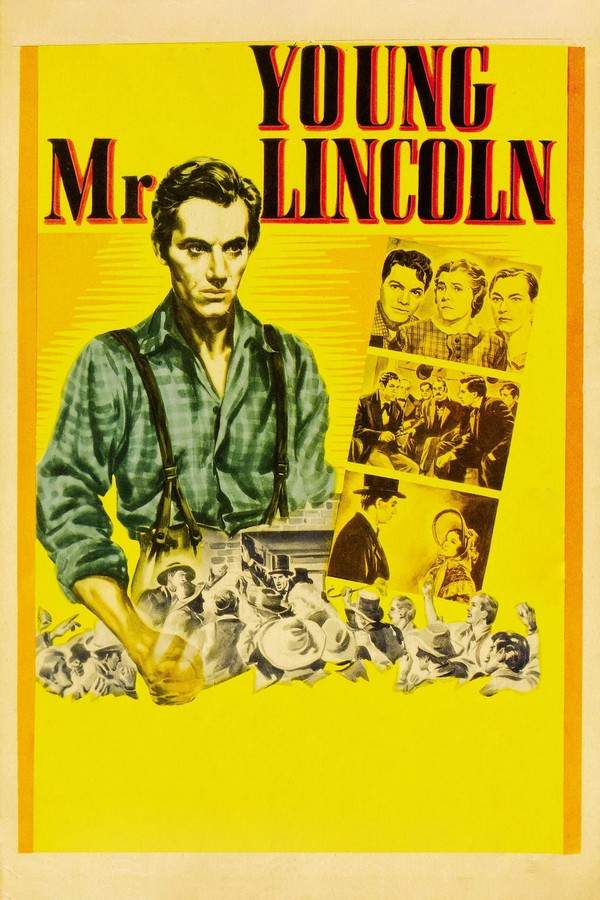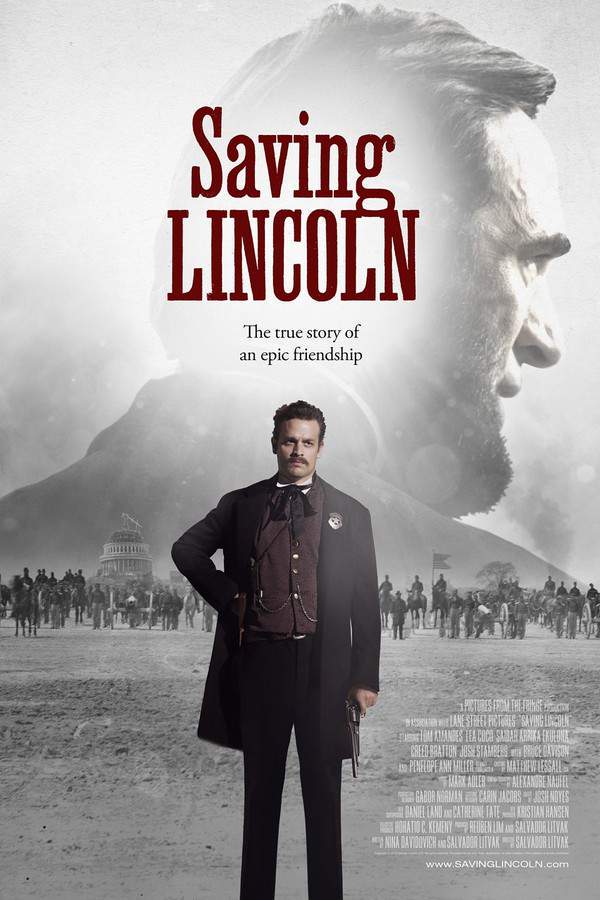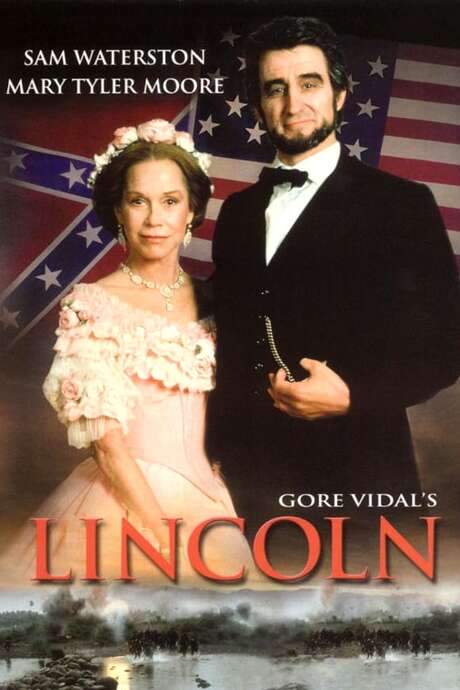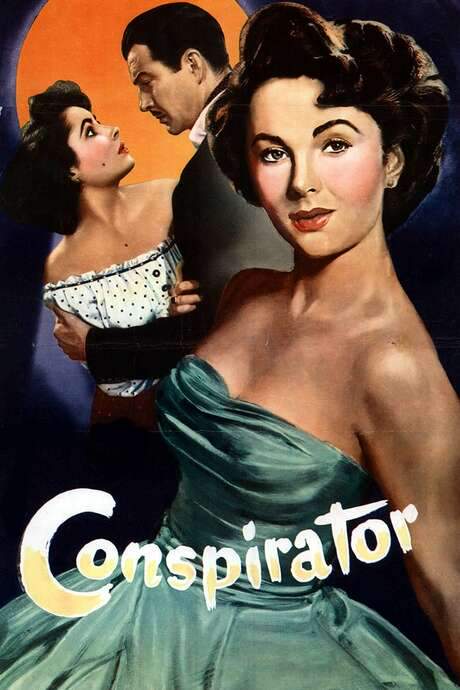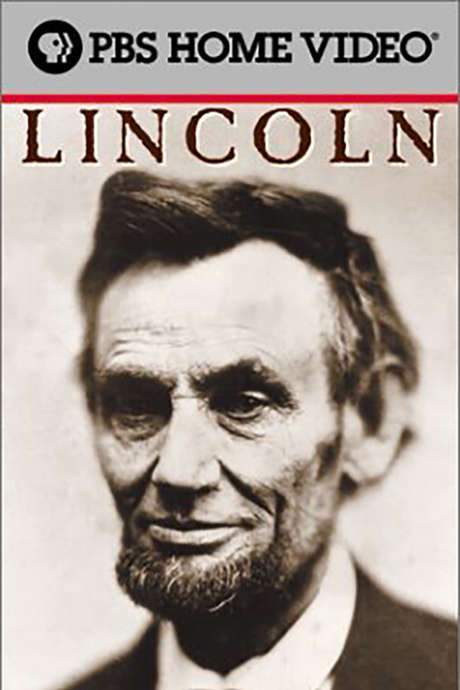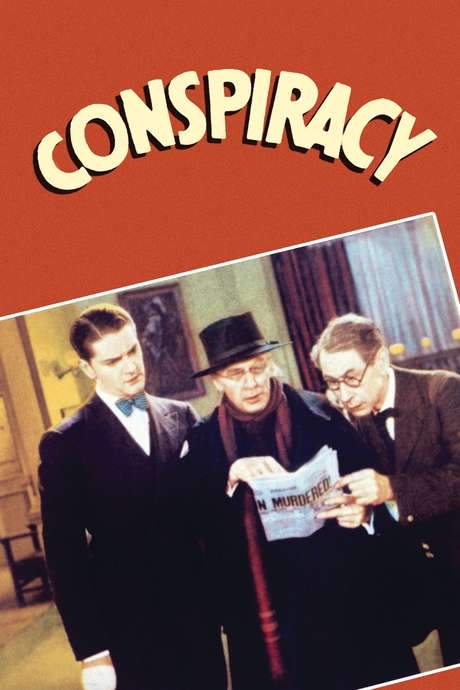The Conspirator 2011
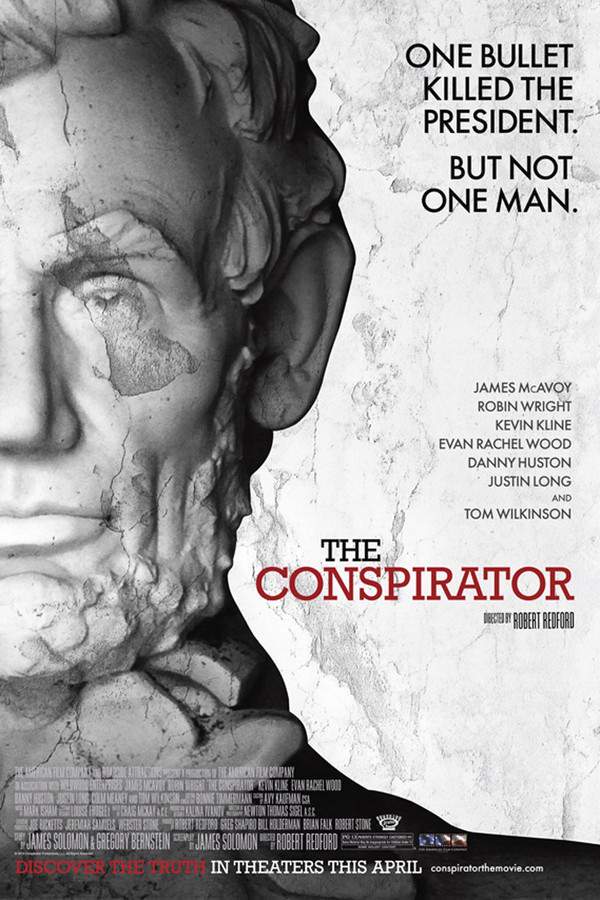
In the aftermath of President Lincoln's assassination, idealistic lawyer Frederick Aiken takes on the challenging case of Mary Surratt, a woman accused of involvement in the conspiracy. As Aiken investigates, he navigates a web of political turmoil and personal risk, uncovering layers of deception and questioning the true extent of Surratt's guilt. The film explores themes of loyalty, justice, and the complexities of a nation grappling with tragedy.
Does The Conspirator have end credit scenes?
No!
The Conspirator does not have end credit scenes. You can leave when the credits roll.
Meet the Full Cast and Actors of The Conspirator
Explore the complete cast of The Conspirator, including both lead and supporting actors. Learn who plays each character, discover their past roles and achievements, and find out what makes this ensemble cast stand out in the world of film and television.
No actors found
External Links and Streaming Options
Discover where to watch The Conspirator online, including streaming platforms, rental options, and official sources. Compare reviews, ratings, and in-depth movie information across sites like IMDb, TMDb, Wikipedia or Rotten Tomatoes.
Ratings and Reviews for The Conspirator
See how The Conspirator is rated across major platforms like IMDb, Metacritic, and TMDb. Compare audience scores and critic reviews to understand where The Conspirator stands among top-rated movies in its genre.

55
Metascore
6.6
User Score


56%
TOMATOMETER

62%
User Score

6.9 /10
IMDb Rating

66
%
User Score

3.2
From 6 fan ratings

4.10/5
From 29 fan ratings
Take the Ultimate The Conspirator Movie Quiz
Challenge your knowledge of The Conspirator with this fun and interactive movie quiz. Test yourself on key plot points, iconic characters, hidden details, and memorable moments to see how well you really know the film.
The Conspirator Quiz: Test your knowledge on the historical drama 'The Conspirator' and its intricate portrayal of the post-Lincoln assassination trial.
Who is the protagonist lawyer defending Mary Surratt?
Frederick Aiken
John Surratt
Reverdy Johnson
Andrew Johnson
Show hint
Awards & Nominations for The Conspirator
Discover all the awards and nominations received by The Conspirator, from Oscars to film festival honors. Learn how The Conspirator and its cast and crew have been recognized by critics and the industry alike.
26th Artios Award 2011
Outstanding Achievement in Casting - Feature - Studio or Independent Drama
Full Plot Summary and Ending Explained for The Conspirator
Read the complete plot summary of The Conspirator, including all major events, twists, and the full ending explained in detail. Explore key characters, themes, hidden meanings, and everything you need to understand the story from beginning to end.
As the nation relishes the moment on April 14, 1865, celebrating the end of the Civil War marked by General Robert E. Lee’s surrender at Appomattox Court House in Virginia, Frederick Aiken (lawyer and Union veteran), alongside his closest allies William Thomas Hamilton and Nicholas Baker, as well as his wife Sarah Weston, immerses himself in the jubilant atmosphere. Yet, the night of festivities quickly turns into a nightmare as a pivotal series of events unfolds, destined to alter the trajectory of American history forever.
On this tragic night, John Wilkes Booth seizes the moment to instill terror among those who championed freedom and equality. He brazenly enters Ford’s Theater and shoots President Abraham Lincoln in the back of the head while the President enjoys the play Our American Cousin. In the chaos, Booth also stabs Henry Rathbone, a guest at the Presidential box, and boldly leaps onto the stage, proclaiming, > “Sic Semper Tyrannis! The South is avenged!” before making his hasty escape to Maryland.
As the shocking news of Lincoln’s assassination spreads rapidly, Aiken, along with Hamilton and Baker, watches in horror as the critically injured President is taken to a nearby boarding house, where he succumbs to his wounds early the next morning. With this profound loss, Vice President Andrew Johnson ascends to the presidency, ushering in a new and turbulent era. In the wake of this calamity, Secretary of War Edwin Stanton mandates the arrest of all suspects, including Mary Surratt.
While Booth and David Herold manage to elude capture for several days, their luck runs out when Union soldiers uncover the barn where they suspect the conspirators are hiding and set it ablaze. Herold surrenders, but Booth meets his end at the hands of Sergeant Boston Corbett when he brandishes his rifle at the approaching soldiers.
As authorities intensify their search for John Surratt, Mary’s son, Mary Surratt’s defense falls into the hands of Mary Surratt’s Defense Attorney Reverdy Johnson, a Maryland Senator and Aiken’s boss. However, impeded by his Southern sympathies, he struggles to mount an effective defense and eventually solicits Aiken’s help, a Northerner, to take on Mary’s case alongside co-defendants Michael O’Laughlen, Edman Spangler, Samuel Mudd, and Samuel Arnold.
Upon entering Mary’s cell, Aiken is met with her anxious gaze imploring him to check on her daughter, Anna, who lives in the boarding house rife with murmurs of conspiracy. With a solemn sense of duty, Aiken agrees, his footsteps echoing through the dim corridors as he embarks on a quest for clues that may either vindicate or implicate Mary. In a significant moment, Aiken discovers a ticket with the initials “LJW” (belonging to Louis J. Weichmann), a seminary friend of John who had clandestine ties to Booth, revealing layers of deceit soon to unfold in court.
As Weichmann testifies, his words sketch a vivid narrative of John’s covert meetings with Booth and other key figures like Herold, Powell, and Atzerodt who frequented Mary’s boarding house. Aiken astutely dissects Weichmann’s statements, casting doubt on his credibility and weaving a complex web of guilt.
Despite his growing misgivings about Mary’s innocence, Aiken seeks to confront her again. She introduces an alternative perspective, asserting that John and his associates originally planned to kidnap Lincoln rather than kill him. She states that Booth intervened, misinforming them of the President’s whereabouts just two weeks before. The silence from Anna during Aiken’s inquiries reinforces the loyalty that Mary commands from her family.
In the courtroom, Chief Prosecutor Joseph Holt calls innkeeper John Lloyd to testify, painting Mary as the orchestrator behind the assassination plot. Lloyd claims she provided him with binoculars and instructed him to prepare pistols and whiskey for the night of Lincoln’s assassination. Aiken’s incisive questioning reveals Lloyd’s admitted alcoholism, leading to a volatile scene as he is dragged out of the courtroom in a fit of rage.
Upon entering the prestigious Century Club, Aiken faces a harsh revelation: his membership is revoked due to his steadfast defense of Mary. This news triggers a confrontational argument with Sarah, culminating in her disowning Aiken and leaving his life. Striving for solace, Aiken pleads with Anna to testify for her mother, whose sworn statement shifts the blame for Lincoln’s assassination onto her brother John.
Anna’s testimony instigates a visit from Father Jacob Walter, who has been tending to Mary during her imprisonment. Despite claiming ignorance regarding John’s location, Aiken seizes the opportunity to relay a message to John through Walter, warning him of his mother’s impending execution unless he surrenders.
As the judicial process unfolds, Mary Surratt is found guilty on all charges and is sentenced to life in prison. However, with Stanton’s influence, her fate is altered, and she faces execution alongside Powell, Herold, and Atzerodt, while Mudd, Arnold, O’Laughlen, and Spangler are similarly condemned to prison.
Aiken remains unyielding in his pursuit, obtaining a writ of habeas corpus from Judge Andrew Wylie to challenge Mary’s sentence. However, President Johnson swiftly nullifies this writ, leading inexorably to the grim execution of four condemned prisoners.
Fifteen months later, Aiken visits John Surratt, who has been captured abroad and is now imprisoned. Despite John’s gratitude for Aiken’s kindness towards his mother, he dismisses the rosary Aiken extends as a gesture of comfort. This poignant exchange foreshadows the landmark ruling by the U.S. Supreme Court a year later, which establishes the fundamental right of citizens to be tried by a civilian jury—even during wartime (Ex parte Milligan).
As the tumultuous chapters of this saga draw to a close, Aiken turns away from the courtroom battles and embraces a new role as The Washington Post’s first City Editor, marking the dawn of an exciting new journey in his life.
Uncover the Details: Timeline, Characters, Themes, and Beyond!

Coming soon on iOS and Android
The Plot Explained Mobile App
From blockbusters to hidden gems — dive into movie stories anytime, anywhere. Save your favorites, discover plots faster, and never miss a twist again.
Sign up to be the first to know when we launch. Your email stays private — always.
Watch Trailers, Clips & Behind-the-Scenes for The Conspirator
Watch official trailers, exclusive clips, cast interviews, and behind-the-scenes footage from The Conspirator. Dive deeper into the making of the film, its standout moments, and key production insights.
The Conspirator Themes and Keywords
Discover the central themes, ideas, and keywords that define the movie’s story, tone, and message. Analyze the film’s deeper meanings, genre influences, and recurring concepts.
The Conspirator Other Names and Titles
Explore the various alternative titles, translations, and other names used for The Conspirator across different regions and languages. Understand how the film is marketed and recognized worldwide.
Similar Movies To The Conspirator You Should Know About
Browse a curated list of movies similar in genre, tone, characters, or story structure. Discover new titles like the one you're watching, perfect for fans of related plots, vibes, or cinematic styles.
Quick Links: Summary, Cast, Ratings, More

What's After the Movie?
Not sure whether to stay after the credits? Find out!
Explore Our Movie Platform
New Movie Releases (2025)
Famous Movie Actors
Top Film Production Studios
Movie Plot Summaries & Endings
Major Movie Awards & Winners
Best Concert Films & Music Documentaries
Movie Collections and Curated Lists
© 2025 What's After the Movie. All rights reserved.















